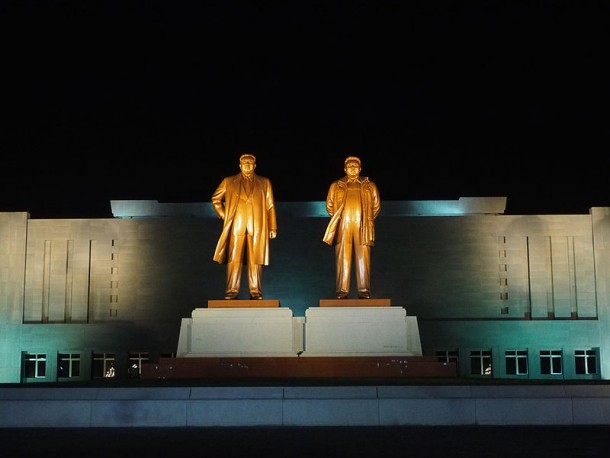Long considered as a state of isolation by the rest of the world, North Korea might be on the way to big economic transformations soon. According to the Washington Post, a recently released promotional video from the Voice of Korea – a radio network serving the government of North Korea – openly solicits for foreign investment in the country’s special economic zones (SEZs). As countries like Burma and Cuba respectively resumed ties with the outside world, the Democratic People’s Republic of Korea (DPRK) has also been increasing cooperation and exchanges with neighboring countries such as China and South Korea. Yet the country’s isolated state remains despite exposure to liberal and capitalistic cultures, which demands the idea of a soon free and democratic North Korean society to be treated with caution.
The isolation of the DPRK partly comes from its ideological underpinnings from the 1950s to 1970s. People who had survived the three-year long Korean War woke up to the rise of two vastly different Koreas – the Soviet Union backed north and the U.S. backed south. Although North Koreans were initially better off than their Southern counterparts, postwar reconstruction and the fall of the Soviet Union rendered the DPRK as an economically failed state with stringent and nationalistic ideologies such as the songbun and juche. Songbun is a social class system in North Korea that is similar to the Caste system in India, only the former is much more strict and limiting, deciding not only what North Koreans can do but also where they can live. Compared to songbun, juche, crafted by Kim Jong Il to uphold the absolute Korean autonomy, has played an even bigger part in its self-reliant, isolated economy today. It is essentially a policy of self-isolation.
In journalist-writer Suki Kim’s memoir Without You, There Is No Us, she speaks about her experiences of teaching at the Pyongyang University of Science and Technology (PUST), which brings to light much of this isolation. Kim’s account of life at PUST paints a claustrophobic existence that is under constant pressure to self-censor. Teachers were not allowed to go outside except during special occasions and weekly shopping trips. Often accompanied and monitored by minders (North Korean officials) and sometimes even the students, neither could they communicate freely online or in person. The most chilling reality, according to Kim, is probably the intranet system in the DPRK. Without access to the Internet, the Science and Technology students at PUST were not only bereft of knowledge concerning the computers but also devoid of interest in learning about them. One of Kim’s many conclusions of this non-interestedness again traces back to the country and its citizens’ isolation: “Nothing, it seemed, could break through their belligerent isolation; moreover, this attitude left no room for any argument, since all roads led to just one conclusion.”
As North Korea shows willingness to carve a new economic frontier with its flashy promotions and untapped SEZs, the future of the regime might take a turn for the better. However, for the country to truly open up and climb out of stagnation, the DPRK leadership needs to relinquish all policies that isolate the country from the current global connectivity.

